BACHELOR OF SCIENCE
Computer Programming & Technology
Transfer maximum credits for lower cost + quicker finish

Starts
Anytime
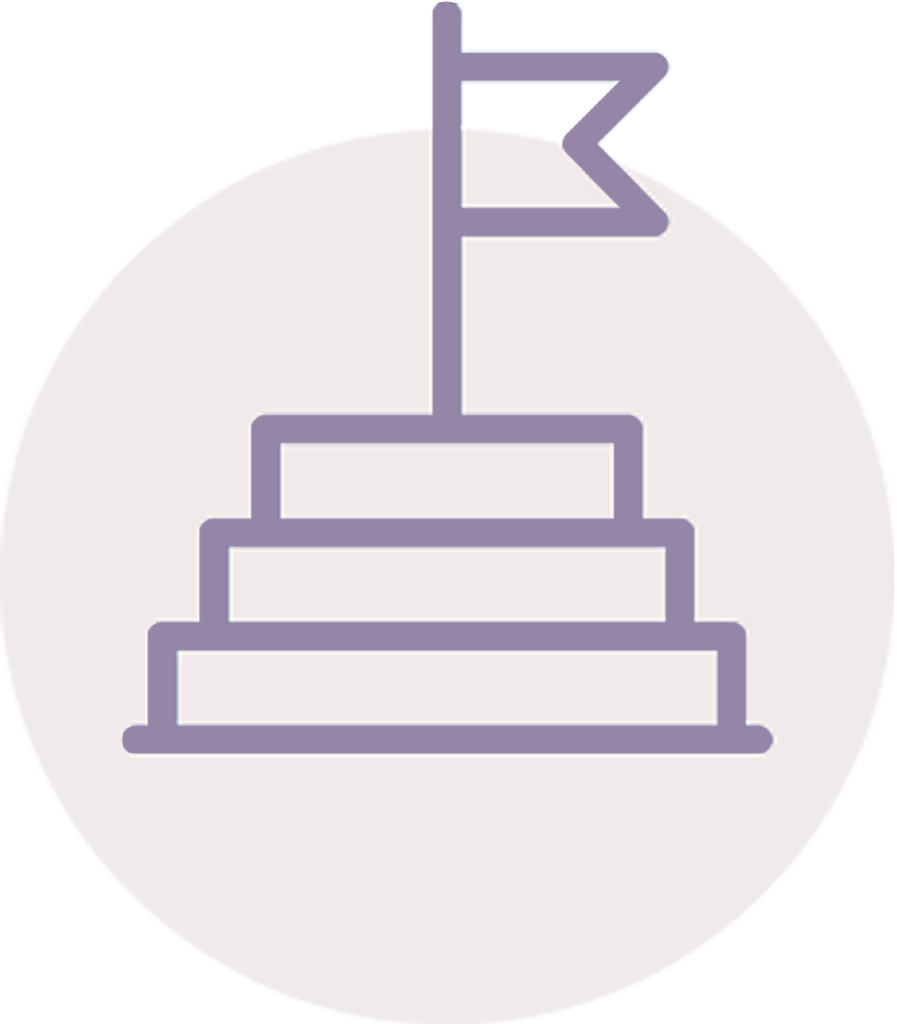
100%
Self-paced
One core program
4 concentrations to choose from
Not sure yet which concentration is right for you?
No worries. You can start now, choose a concentration later.
You have approximately one year to decide.

Gives you a foothold in many areas
Master of Science (MS) in Computer Science
Master of Science (MS) in Software Engineering
Master of Business Administration (MBA) with a concentration in Information Technology
Master of Science (MS) in Information Technology

Paved the way for me to break into the tech field
Where our graduates are employed today
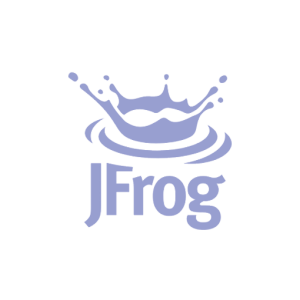
Support Engineer
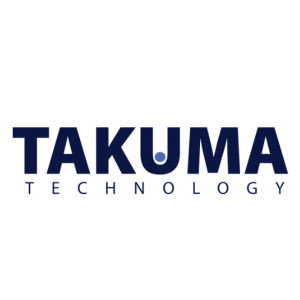
Jr. Salesforce Developer
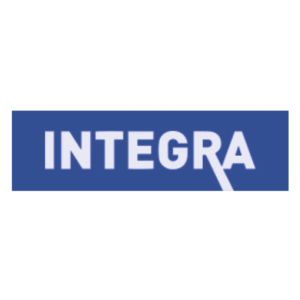
Software Developer
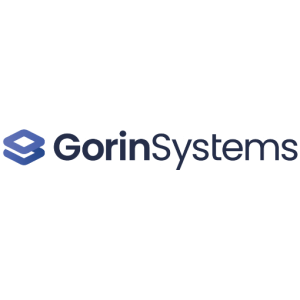
Software Project Manager
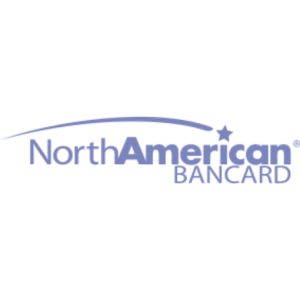
Backend Developer
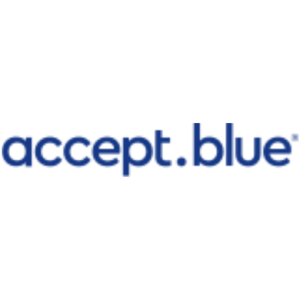
Software Programmer
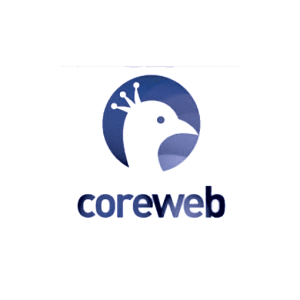
Junior Developer

Data Analyst
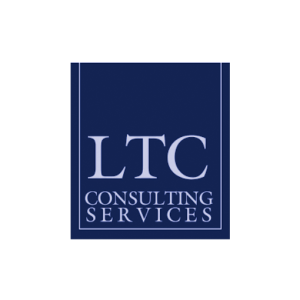
Integration Specialist
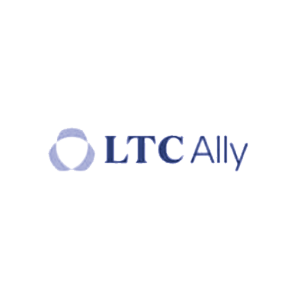
Programmer
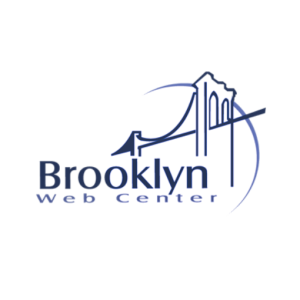
Software Developer

Web Developer

Software Developer
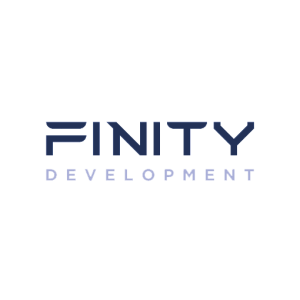
Software Developer
Growth outlook
Current forecast about employment opportunities in Software & IT
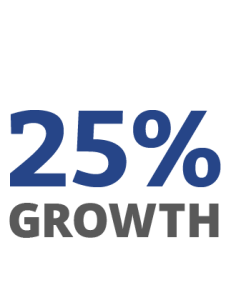
SOFTWARE DEVELOPMENT
Employment of software developers is projected to grow 25% from 2021 to 2031, much faster than the average for all occupations. (Indeed)
SECURITY ANALYST
Information security analysts roles are projected to grow 32% from 2022 to 2032, much faster than the average. (Careerville)

FASTEST-GROWING TECH CAREERS
Tech-focused careers like information security analysts, data scientists, software developers, and computer numerically controlled tool programmers are among the 30 fastest-growing jobs for the next 10 years. (Forbes)


AI is the wave of the future
Learn it here

LEARN AI PROMPTING
Work smarter, not harder. Learn the AI skills that today's developers are using to get more work done, faster.

MATH BRAIN NOT REQUIRED
Mediocre math skills will no longer hold you back. AI evens the playing field.

BE THE COMPETITIVE CANDIDATE
Employers are seeking highly productive employees. AI skills help you fit the bills
Get support for your transition to the workforce

Optimize your resume
make your job applications attention-worthy with the help of a pro Career Counselor

Get a job search strategy
learn to navigate the job-search phase, including the right way to network and prepare for interviews

Make connections
access our alumni network of programmers for insider leverage, support, and community
Who has earned this degree?

Seminary
Graduates

Yeshiva
Students

full-time
employees

Teachers

NPO
Employees

part-time
learners
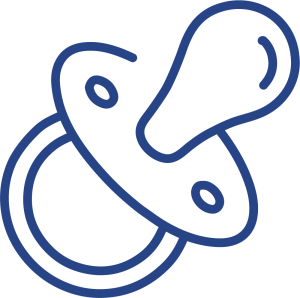
single
moms
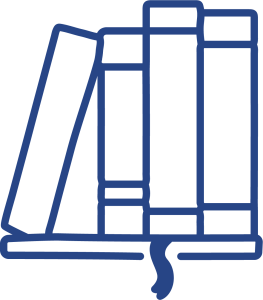
kollel
members

parents &
grandparents

Yeshiva
alumni

part-time
employees
Why they chose this program
The only 100% online college that offered a computer degree in line with my Jewish values
I’m from Dallas, TX where there aren’t really any frum college options. I wanted to complete my degree in a Jewish environment. At that time, Woodmont was the only 100% online college with a bachelor’s degree in computer programming in line with my Jewish values.
Shoshana Rich
Graduated 2022
Software programmer
Octane Lending
New York, NY
Classes online, helpful faculty
Enabled me to earn my Bachelors in Computer Science without having to compromise my values. The classes were all online, and the faculty was very helpful throughout, which made getting my degree very convenient
Rachel Yarmark
Graduated 2023
Web developer
Brooklyn Web Center
Brooklyn, NY
Freedom & flexibilty while juggling a very busy schedule
Gave me the freedom and flexibililty to pursue my degree while juggling a very busy schedule and myriad other responsiblities
Dovid Rosenberg
Graduated 2023
Software programmer
Accept.Blue
Lakewood, NJ
Usefull in whichever career I embark on
My overall experience at Woodmont College was great. Some of the skills that they helped me to develop while earning my degree were critical-thinking, strong communication, and complex problem-solving. All of these will surely be useful in whichever career I embark in the field of computer science.
Penina Raofim
Graduated 2023
Learning multiple languages didn’t just grow my skills—it enabled me to communicate ideas and solutions with my teammates.
Even though I’m from the NY area, it was still way more convenient to attend college online, instead of wasting time traveling to school. Another big plus was the frum environment, which meant the academic schedule was designed around the Jewish calendar, and I could relate to the students and professors. There was no need to start explaining about all the yomim tovim and how you wouldn’t be able to make it to class.
Sury Schwartz
Graduated 2021
Web Developer
Coreweb
Jerusalem, Israel
Learn from the best
Unlike traditional college professors, our courses are led by academic facilitators who are here to help you succeed.
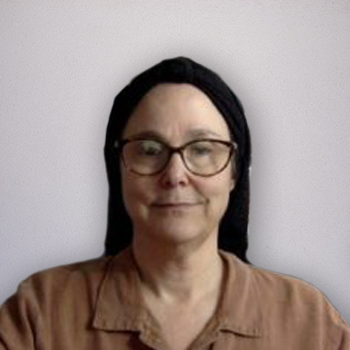
Rina Schwartz
MS, Computer Information Systems Management
Rina Schwartz
Professor Schwartz graduated University of Phoenix and Carlow College (Pittsburgh, PA) with an MS in Computer Information Systems Management, and has experience in various computer-related fields.
Her passion to educate drove her to teach in various subjects for over 20 years. Ms. Schwartz first started teaching in the late 1980s when she taught Meteorology in the US Navy for many years. Later, Ms. Schwartz taught high school and college-level classes in Computers and Spanish. Before working as a teacher, she worked as a Business Systems Analyst for a major hospital system in Pittsburgh, PA.
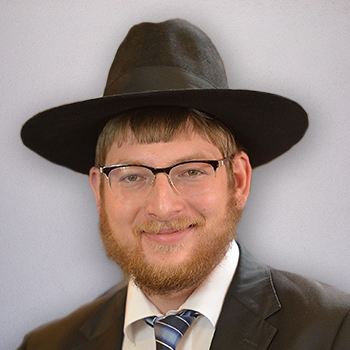
Daniel Batyrev
Bsc, Bioinformatics
Daniel Batyrev
Professor Daniel Batyrev holds a Bsc. in Bioinformatics from the University of Tuebingen and an Msc. Computational Neuroscience from the Hebrew University of Jerusalem. He is currently pursuing a doctorate in Computational Neuroscience at the Hebrew University of Jerusalem. Professor Batyrev has studied at Yeshivas Telodos Yeshurun and Machon Shlomo in Jerusalem. He has served as a lecturer in both technology and Jewish studies in various venues, including the Jerusalem College of Technology (Machon Lev), Olami, MEOHR, and Lauder Foundation educational programs. He is also a licensed fencing coach.
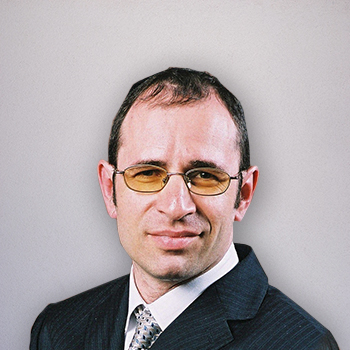
Mark Stern
MA, Mathematics M.Sc, Computer Science
Mark Stern
Professor Mark Stern holds an MA in Mathematics from Oxford University and an M.Sc. in Computer Science from the University of London. He has worked as a software engineer for 25 years in both England and Israel. He has been teaching at Woodmont College since 2020.
How does online college work? WATCH VIDEO
An easier way to earn your degree
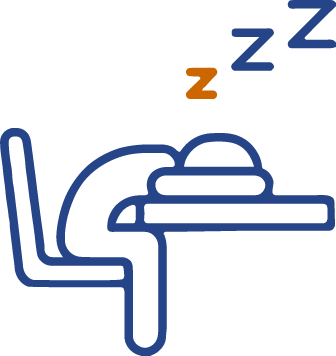
Traditional approach
Courses last 8-15 weeks, with progress based on a preset timeline. There’s no such thing as taking breaks without failing the course.

Direct Advantage™️
You can start whenever you are ready and complete courses at your own pace. Set and meet your own timeline goals. Take breaks when life calls for it.

Traditional approach
Immutable grades are assigned based on student performance. Only a select few achieve top final scores.

Direct Advantage™️
Students are coached until they reach mastery. Every student can achieve a top final score at their own pace.

Traditional approach
Professors answer questions, conduct tests and assessments, and deliver final course grades.

Direct Advantage™️
Professors coach students and propel student progress from “development” to “mastery” — with a 48-hour grading turnaround, the fastest in the country.

Traditional approach
Students receive a college degree once they pass all required coursework.

Direct Advantage™️
Students receive a college degree at their own pace. In some courses, they can earn digital badges for transferable skills like Problem Solving, Critical Thinking, and Leadership.

Traditional approach
Text-based and rote. Students are asked to memorize and demonstrate mastery of content or information.

Direct Advantage™️
Skills-based and inspiring active engagement. Students are asked to demonstrate mastery of skills through open-ended assignments.
IT’S NOT ABOUT WHAT YOU KNOW, BUT WHAT YOU CAN DO
Get a Skill Advantage™️ you'll take with you everywhere
course overview
Required General Education - 45 credits
Department
Course
Credits
Foundations
3
Communication and Expression
English writing
Language, Literature, Art, Music or Design
3
3
Quantitative, Digital, and Scientific Literacy
Math
Science
Technology
3
3
3
Social Awareness and Responsibility
Ethics
Other Social Science (psychology, history, economics, education, or political science)
3
3
Reason and Religion
Philosophy
Religion or Philosophy
3
9
General Education electives
9
Required Major Courses - 33 credits
Course Code
Course Title
Credits
CPT 111
Programming in Java
3
CPT 121
Web Development I
3
CPT 202
Operating Systems
3
CPT 210
Database Management
3
CPT 212
Programming in Python
3
CPT 222
Web Development II
3
CPT 230
Web Development III
3
CPT 311
Fundamentals of Networking
3
CPT 401
Information Security
3
CPT Electives
CPT 250, 260, 450, 470, 480, 490
6
Elective Credits – 42 credits

Get fast information
we’ll reach out to help ASAP






